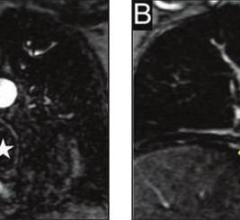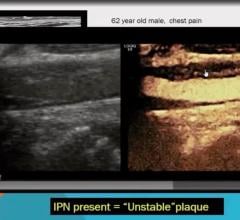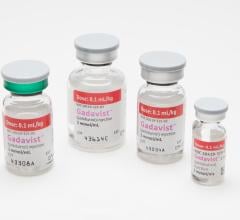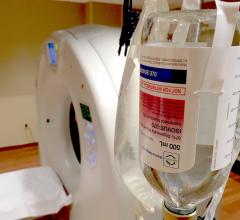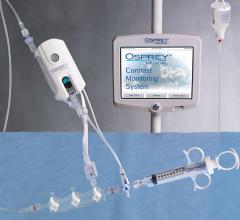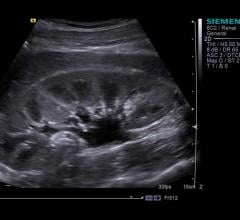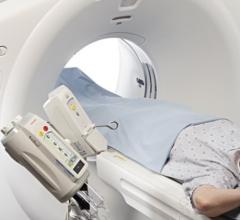October 5, 2009 – A new analysis reaffirms that Lexiscan (regadenoson) Injection, the first selective A2A adenosine receptor agonist approved for use as a pharmacologic stress agent in radionuclide myocardial perfusion imaging (MPI) in patients unable to undergo adequate exercise stress, requires infrequent use of the drug aminophylline to reverse its effect in the case of adverse events. The low use of aminophylline demonstrates that Lexiscan is similar to the current standard, Adenoscan (adenosine injection). Results were presented today at the 14th Annual Scientific Sessions of the American Society of Nuclear Cardiology (ASNC) in Minneapolis, Minn.
“This data further underscores that Lexiscan is not only as effective as Adenoscan in detection of perfusion defects by myocardial perfusion imaging but it also demonstrates that it is well-tolerated and has a side effect profile comparable to Adenoscan,” said Manuel Cerqueira, M.D., chairman of nuclear medicine in the imaging institute and staff cardiologist in the Heart and Vascular Institute at the Cleveland Clinic. “Based on the expanding body of evidence, Lexiscan proves to be an excellent choice for patients who cannot undergo adequate exercise stress.”
Aminophylline is a nonspecific, competitive adenosine receptor antagonist used to reverse the effects of pharmacologic stress agents like Lexiscan and Adenoscan. It is administered to ease symptoms in patients who experience adverse events after receiving a pharmacologic stress agent during an MPI test.
Using data from pivotal ADVANCE 1 and ADVANCE 2 double-blind, phase III trials of Lexiscan, researchers compared patient characteristics, side effects, and aminophylline treatment timing and dosage for 2,015 patients randomized to Lexiscan (n = 1,337) or Adenoscan (n = 678). Results showed that aminophylline was administered to 46 Lexiscan patients and 12 Adenoscan patients (3.4 and 1.8 percent respectively).
Although the use of aminophylline was slightly higher for patients randomized to Lexiscan than Adenoscan, no specific adverse event occurred significantly more often in Lexiscan than Adenoscan. The most common adverse events for which aminophylline was administered were angina pectoris, headache, electrocardiography (ECG) changes/ST segment depression, chest pain, and dyspnea (shortness of breath). Patients randomized to Lexiscan who received aminophylline were treated on average 4.5 minutes later than patients randomized to Adenoscan. Total aminophylline doses ranged from 72-300 mg for Lexiscan and from 25-240 mg for Adenoscan.
For Lexiscan stress MPI, there were no significant differences in age, body mass index, race, chronic obstructive pulmonary disease (COPD) history, diabetes history, serum creatinine levels, or creatinine clearance between those receiving aminophylline and those not receiving aminophylline. Patients receiving aminophylline were more likely to have a history of unstable angina, be of female gender, and have enrolled in a clinical trial conducted outside the United States.
For more information: www.lexiscan.com


 August 17, 2023
August 17, 2023 
